Andrew Schorr: Are you optimistic?
Jack Aiello: I’ve said to patients for the last 10 years, if you’re going to be diagnosed with myeloma it’s a lot better now than it was 15 years ago. And that holds true, year after year after year…
Thanks David at Workingwithme.










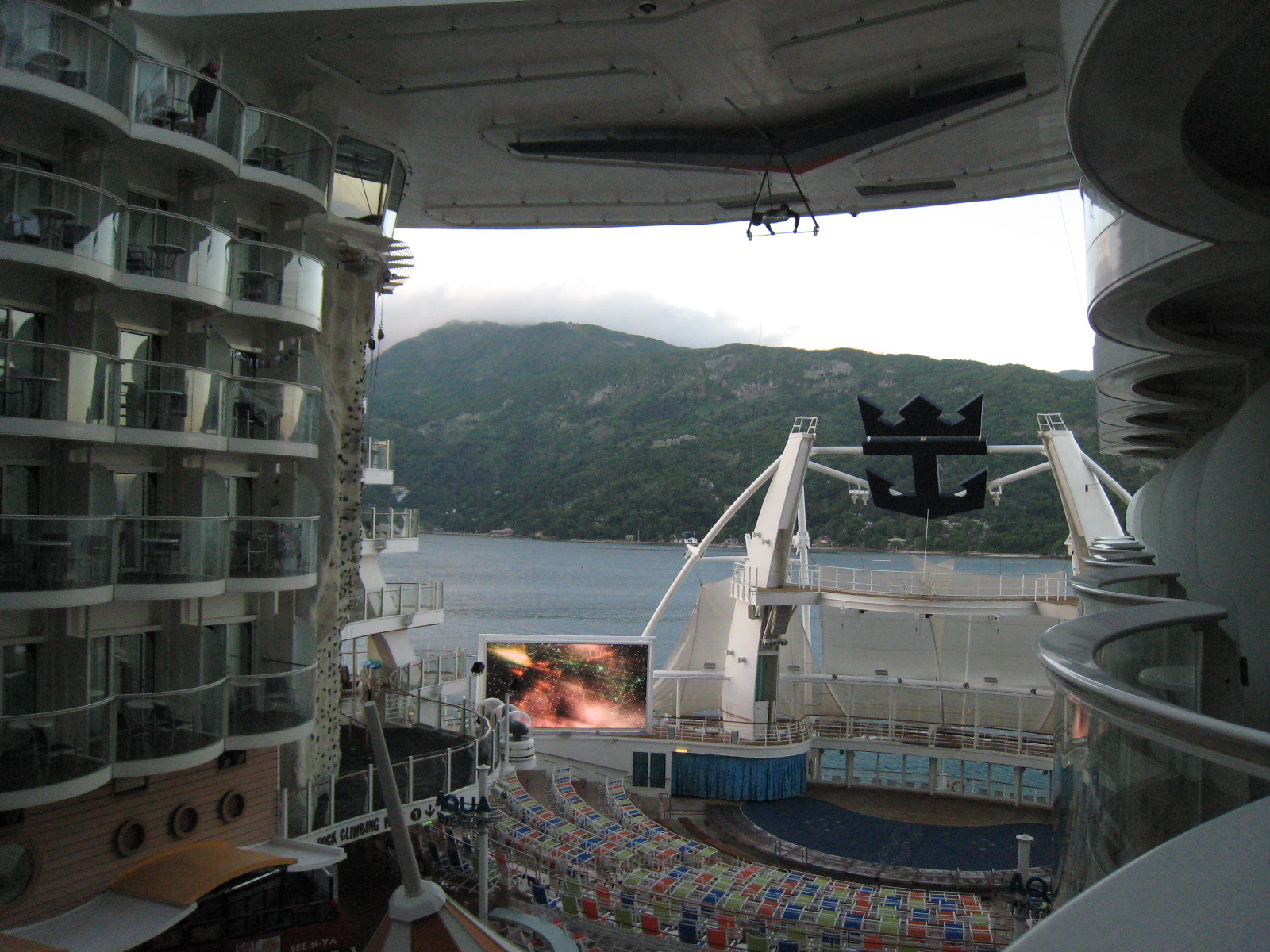
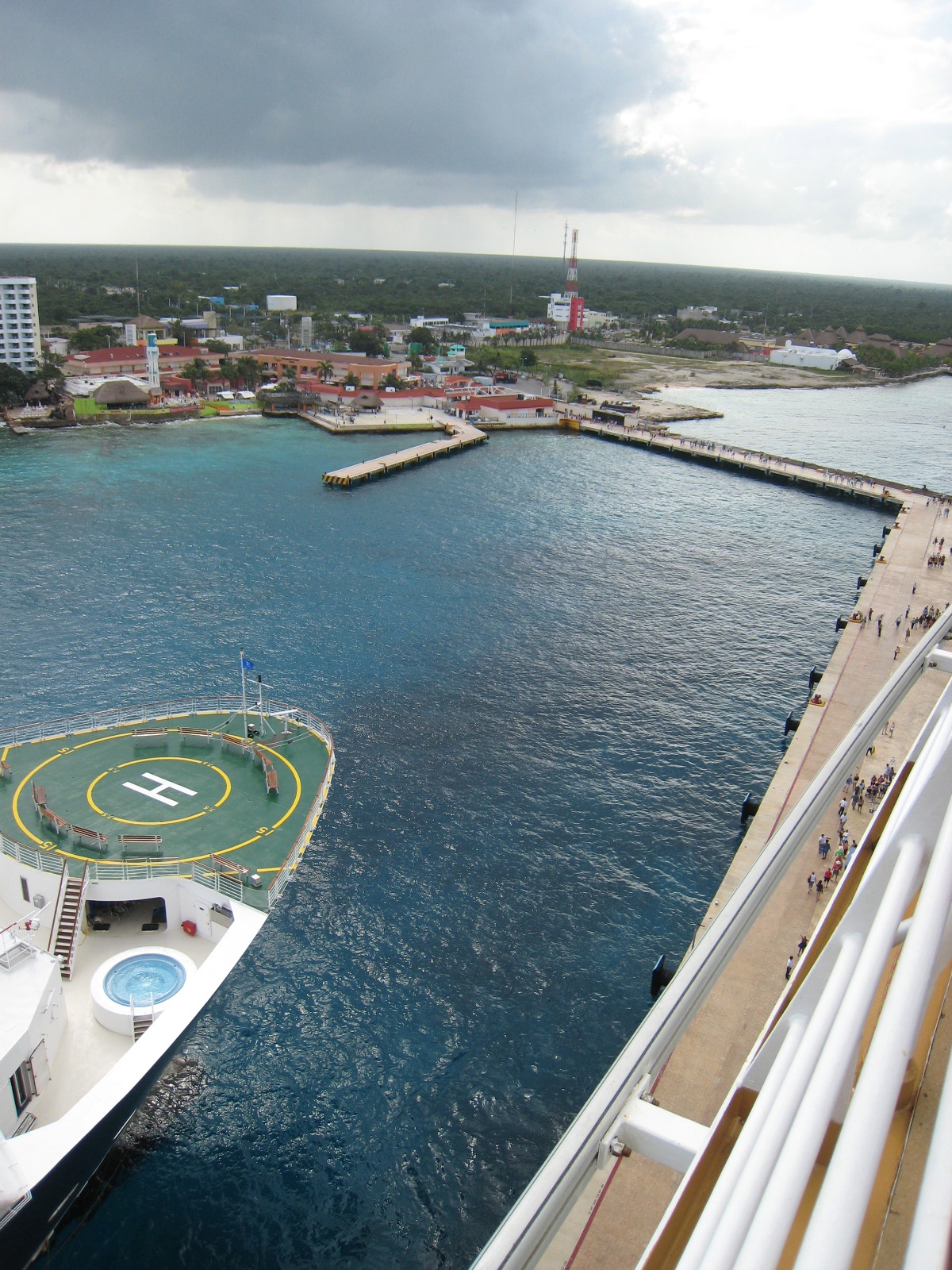
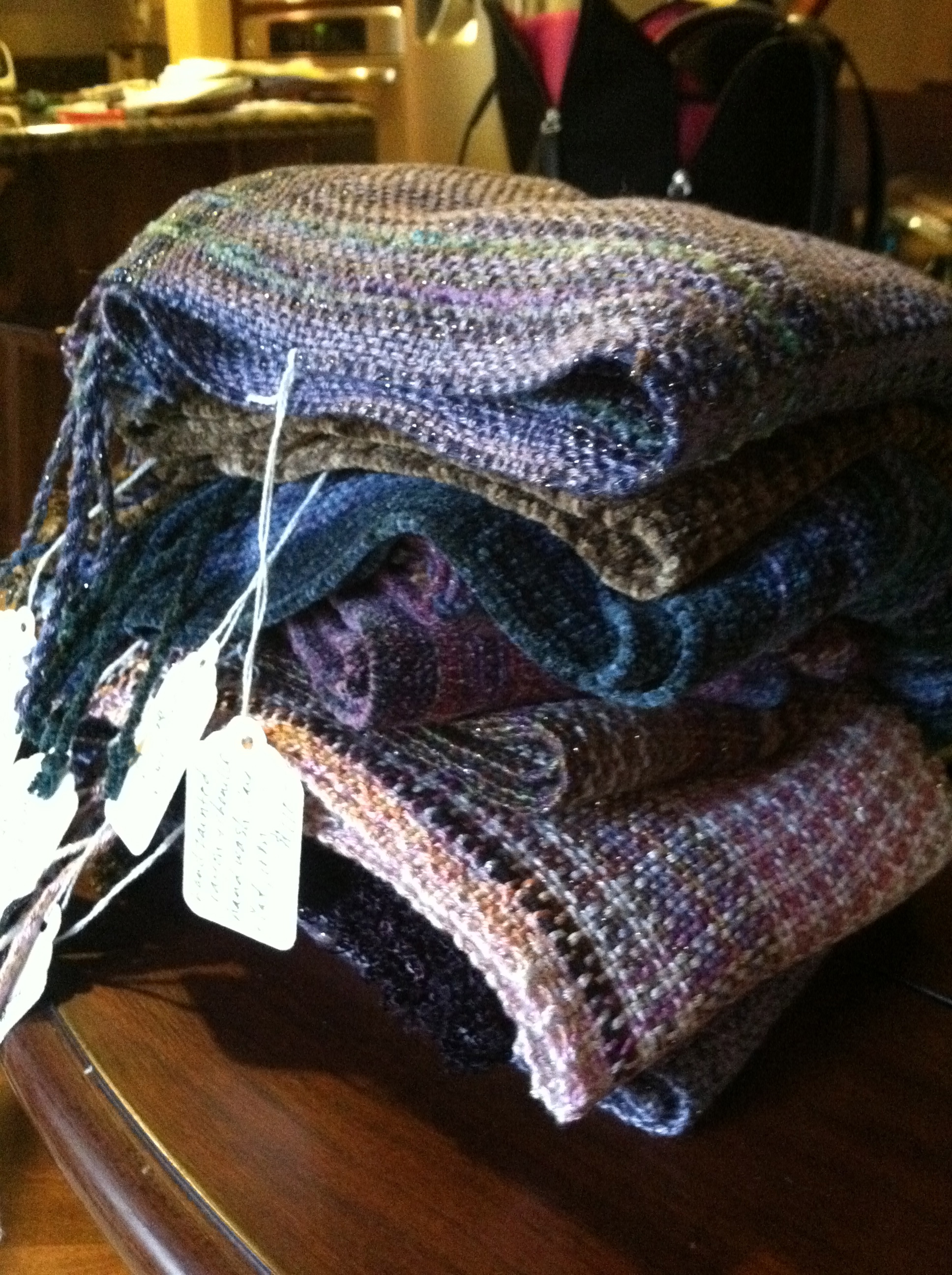
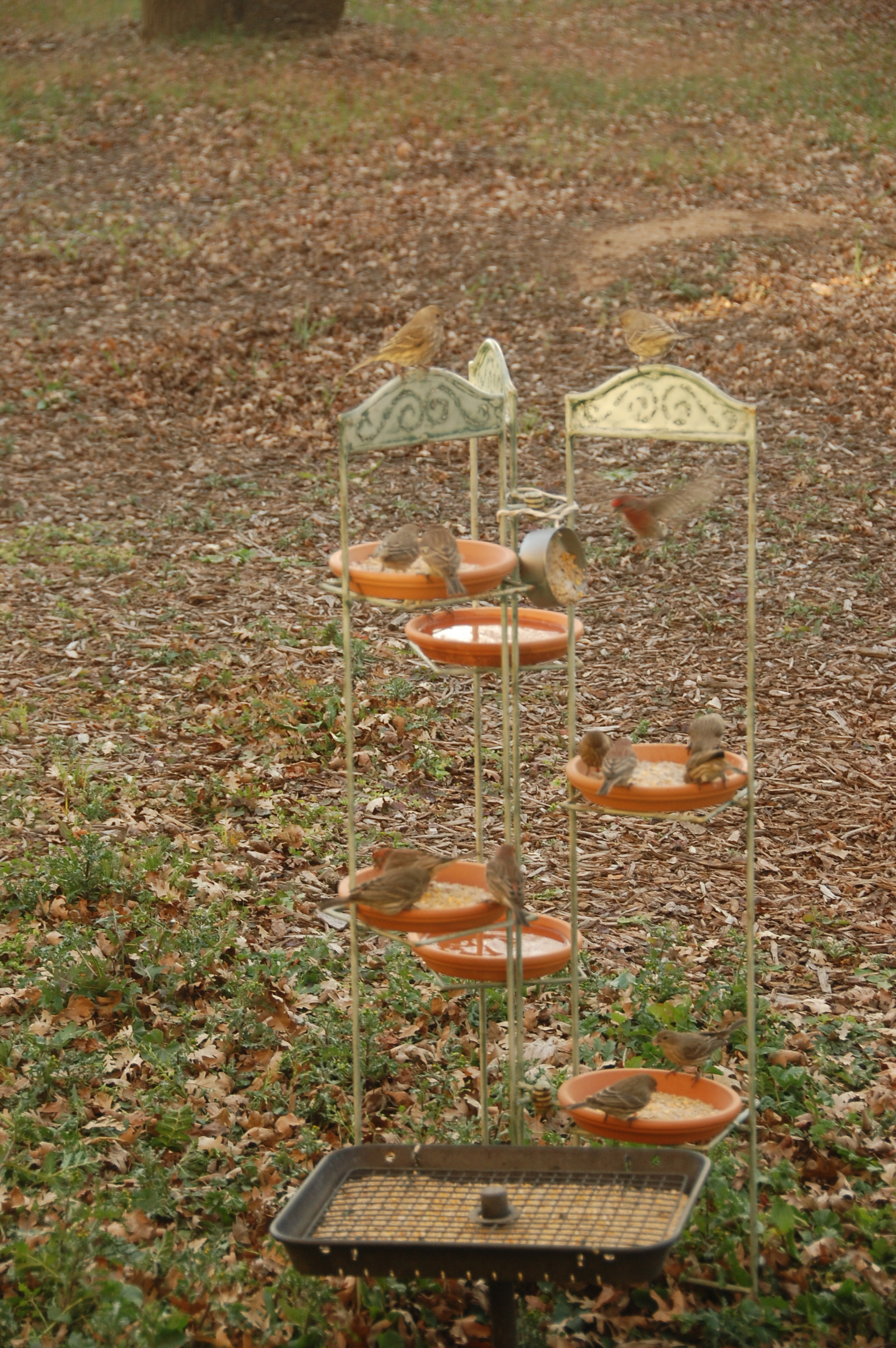

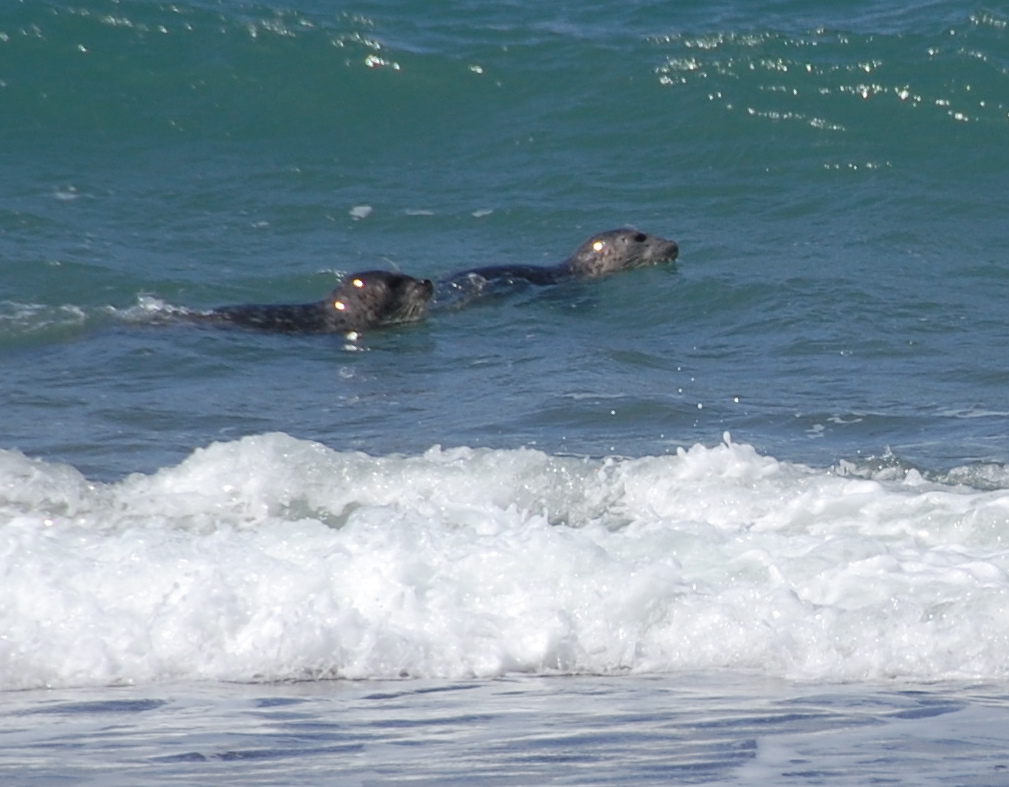
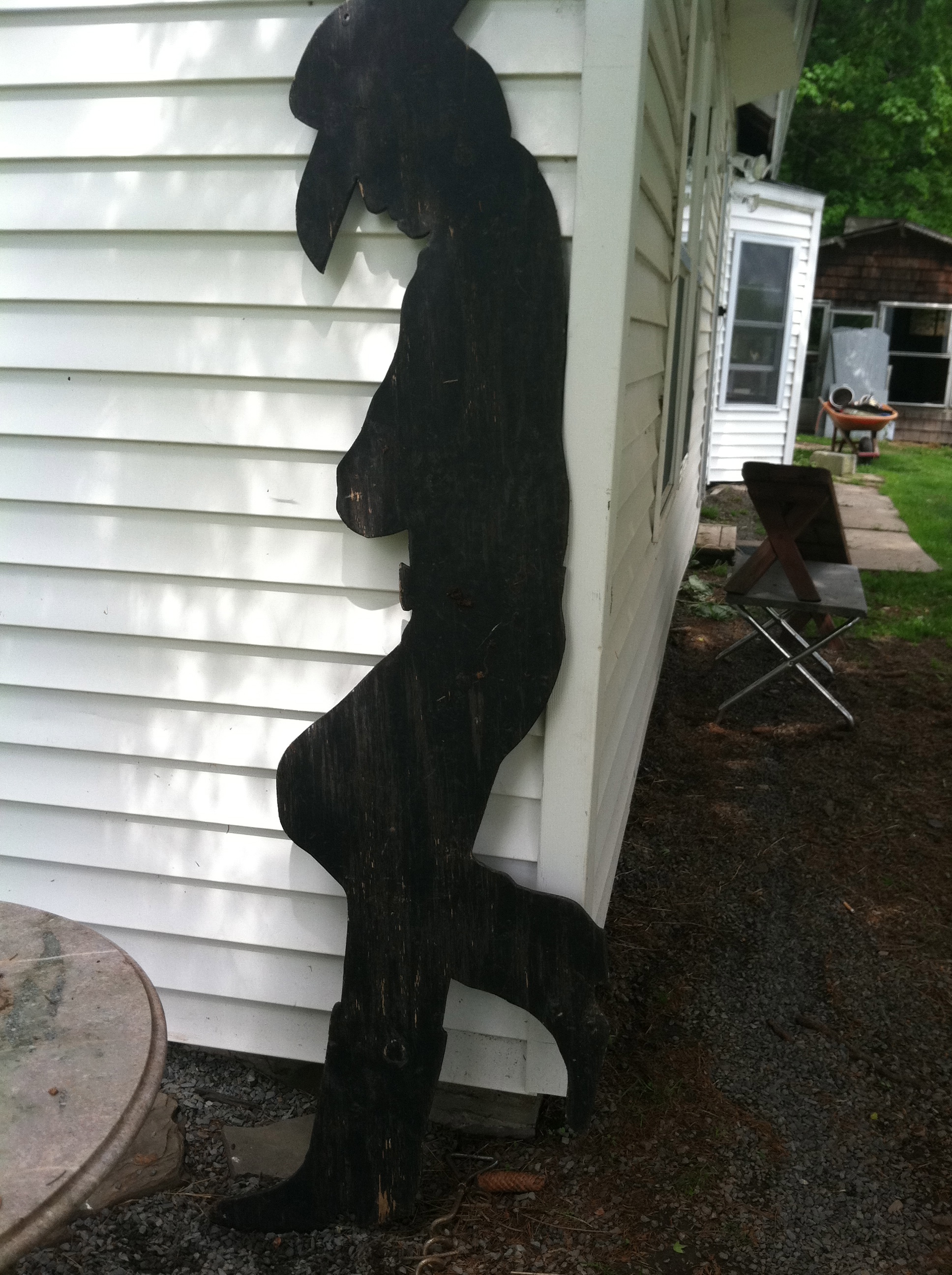


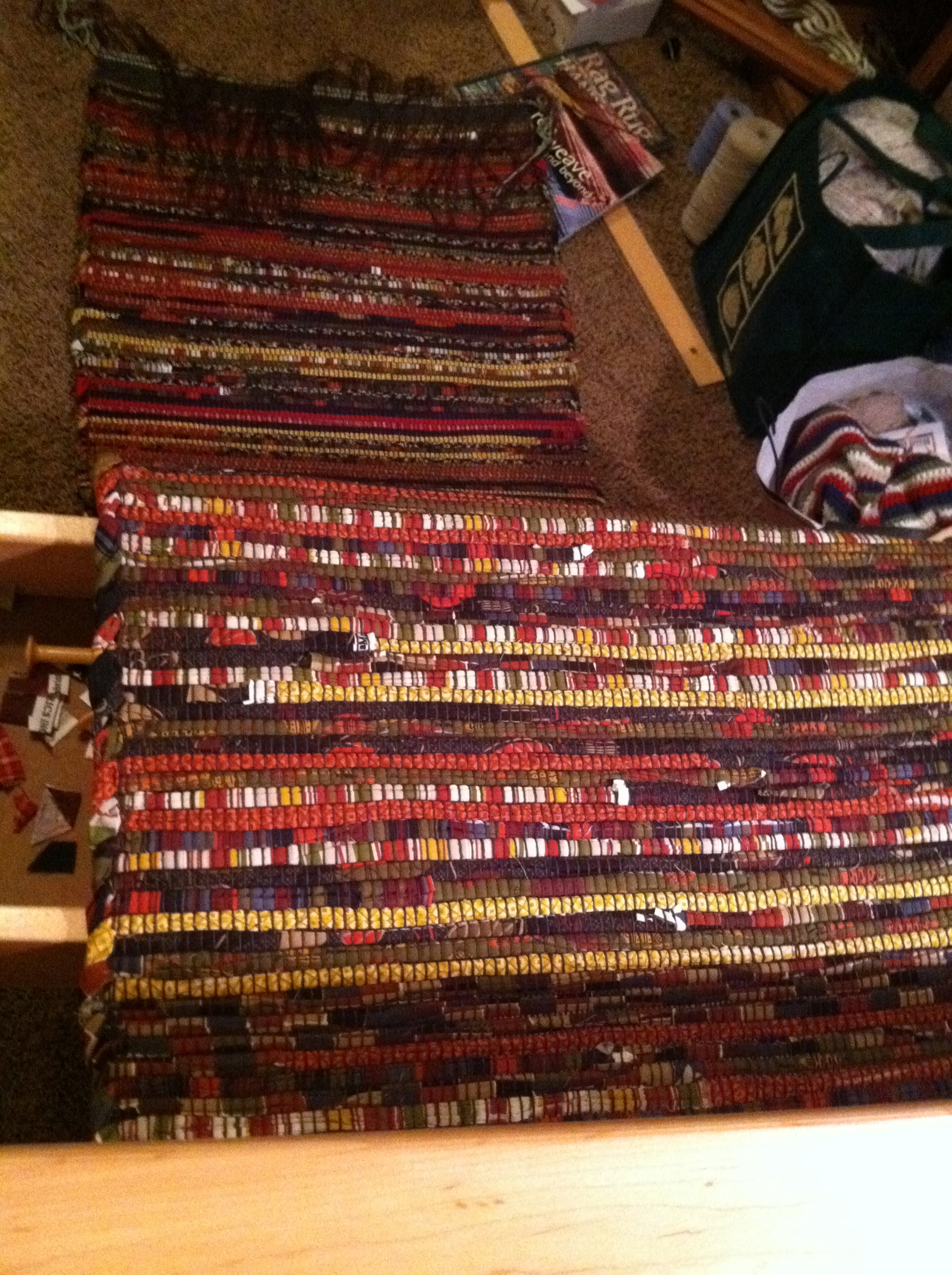


Thank you Mark. This is helpful and I will look forward to reading the paper. I would agree on the premise to do an allo early before you are seriously compromised in order to fight the good fight. Interestingly, and this may have absolutely nothing to do with any of this, but just a thought. When we discussed the tandem Dave was understandably concerned that he could go through what he went thru the first time, a second time. The doctors and patients assured us the second SCT was easier than the first. It was so easy, we asked if they were sure they used enough chemo? When we asked the doctor at our exit consultation why, he told us because Dave was healthier. Probably already in CR. It turns the cumulative effect of chemo status quo on its ear.
John, Lori,
My Doctor did want to do the Allo upfront. My experience is very unique (like everyone elses!). It does help explain why I thought it was best for me. I was diagnosed in my early 40’s. I have a very rare presentation – in addition to Marrow involvement I had a high level of Cancer cells in my bloodstream as well. That is typically a very aggressive form (I had 3 compression fractures in my back), it goes into remission quicker than most, and you lose your remission in a year or so. I know everything is averages but I had a high probability of being in that group that keeps relapsing. Upon diagnosis, the Doctors that looked at my case both thought I would get remission – the big question was how to we maintain it.
I thought that an Allo was likely in my future. I realize the Doctor I went with is in a tiny minority in the Myeloma community that thinks it is beneficial to use it early. I would note that she is a younger – I mention that only because I think the reluctance of a lot of older Doctors is due to the bad experiences they had with Allos previously. I know that Jack suffered with GVHD for a time after his Allo – he is indeed an inspiration and a warrior. I mentioned above that there is a higher probability of good QOL long term currently with Allos – short term mine is definitely not as good as other MM patients because my Immune system is down for a longer period of time. Doing an Allo is no picnic – I hope I did not imply that I thought it is a good decision for every patient or that it was an easy way out from this disease.
So I do not write a book, I will just provide a link to a Swiss study at this years ASH. It is one of the few times I have ever seen Survival curves shown for patients that do Allos as planned, upfront therapy compared to when they are done as a last resort, etc. My Doctor described this type of probability to me – with the thought that the initial chance of early TRM was lower. Note patients that do Allos upfront are younger than the normal patient population and more likely to have high risk features – like me.
http://ash.confex.com/ash/2011/webprogram/Paper37067.html
I hope that was helpful.
Mark
once again lori – your blog is such a fine catalyst for initiating a forum like the one above; very enlightening, offering hope and solid resources for those who are looking for answers in their quest to find treatment that is a good fit for their particular MM disease process. kudos and hugs, karen
Mark
If I may ask,did your doctor encourage you to go for the Allo over the Auto or were you the one pushing for the Allo.
Thanks
Lori,I agree with Mark,I really enjoy your blog.
John, Lori,
I did an Allo as part of my upfront Myeloma therapy. I am only 9 months out from my Allo and I have no problems with GVHD – I feel great. They are much safer than you are lead to believe. If they are done upfront, while patients are responding to Chemo they are as safe as any other MM therapy. Allos should NOT be used when a patient is not responding to anything else. I did mine as soon as I got my first CR. Check the title of this study – relapse off an Auto is an adverse risk factor for Allos. In the study total TRM is 18%, but:
“In a subgroup of patients with chemosensitivity and no relapse to prior high-dose chemotherapy who underwent transplantation with PBSCs (n = 46), the cumulative risk of nonrelapse mortality at 1 year was only 6% (95% CI, 1%–22%) for related (n = 34) and 8% (95% CI, 1%–54%) for unrelated (n = 12) donors.”
http://www.bbmt.org/article/S1083-8791(04)00272-1/fulltext
Note that this study is from 2004 – they are getting safer. Typically ATG is used on Days -3 through -1 to prevent severe GVHD. Here is a study from Doctors at Mayo Arizona presented at this years ASH – there are not Myeloma patients in the study but the results speak for themselves. Again, these are Doctors from MAYO saying the patients enjoy a good quality of life!
http://ash.confex.com/ash/2011/webprogram/Paper38494.html
Thanks for the great blog Lori!
Mark
Wow Mark! I did not know that about the Allo! Thank you for chiming in!!!!! (And a humble thank you for your compliment on my blog.)
John, I agree with you. They have moved to a “mini-allo” but that is about as new as it has been in all this time. I think the reason is, with the morbidity so high, they just see more promise in the novel therapies. But I’m with you. Dave has a full brother and it would have been nice to bank some of his stem cells just in case, but they simply made note of him having a brother.
Oh, but, UAMS has actually brought in a allo specialist into the clinic in 2011. So maybe they are beginning to use this treatment option for those who simply are not responding to anything else.
Great interview !
I hope more research is being done to improve the risk and complications of the “allo” transplant.You never see remissions this long in the auto transplants.